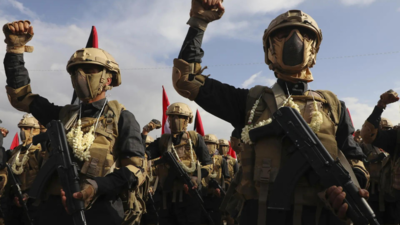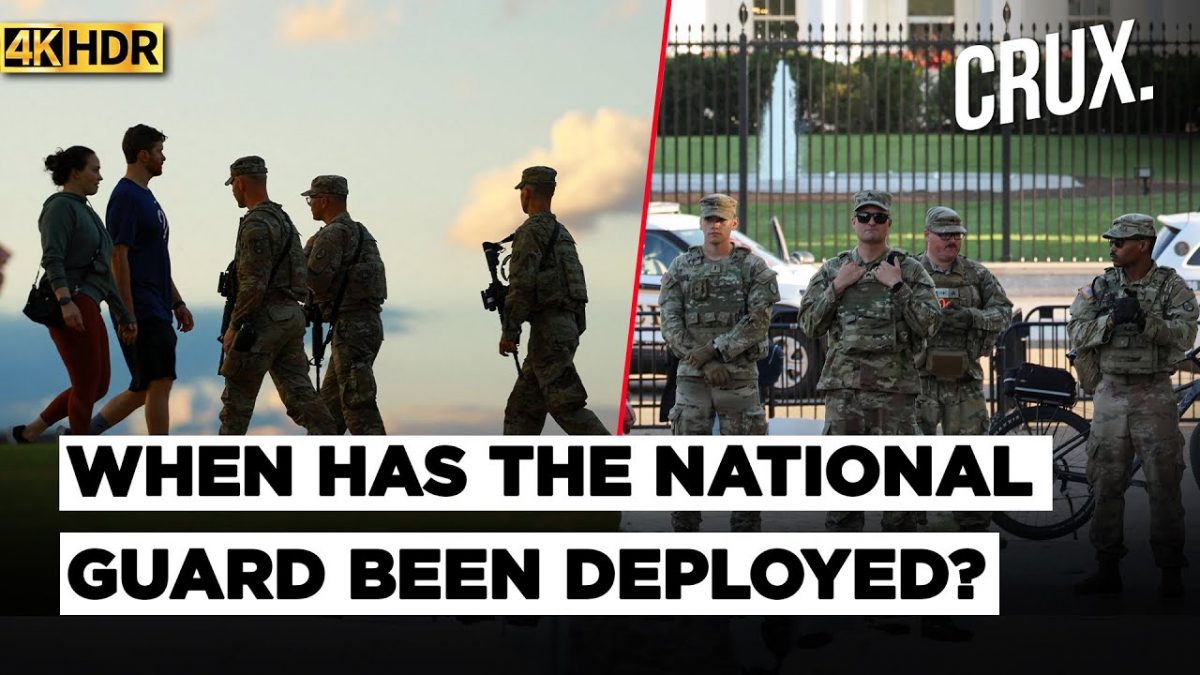The United Nations on Sunday said Yemen’s Huthi rebels detained at least 11 of its staff in raids on UN premises in Sanaa and Hodeida, days after Israel’s strike killed the group’s prime minister, Ahmed Ghaleb Nasser al-Rahawi.According to the news agency AFP, the UN envoy to Yemen, Hans Grundberg, condemned the “new wave of arbitrary detentions” and confirmed that “at least 11 UN personnel were detained”. He demanded they be released “immediately and unconditionally”. He also said the rebels were already holding 23 UN personnel, some since 2021 and 2023, in addition to eight detained in January this year.The world food programme (WFP) separately confirmed that one of its staff members had been detained in Sanaa and said it was “urgently seeking additional information”. A security source told AFP that seven WFP employees and three UNICEF workers were among those arrested on Sunday after rebel raids on their offices.WFP said in a statement, “the arbitrary detention of humanitarian staff is unacceptable. The safety and security of personnel is essential to carrying out life-saving humanitarian work.”The Huthis, who seized Sanaa in 2014 and now control much of Yemen, have previously accused aid workers of operating as “an American-Israeli spy network” – allegations the UN has firmly rejected. On Saturday, AFP reported that Huthi authorities had also detained dozens of people in Sanaa and other areas on suspicion of collaborating with Israel. The crackdown followed the Israeli strike that killed Rahawi, the most senior Huthi leader to die since the Gaza war began.The Iran-backed group has since vowed to intensify attacks on Israel. While some residents of Sanaa called the airstrike “cowardly and brutal”, others condemned it as “a blatant attack… against our country’s sovereignty.” Meanwhile, a video posted by a Yemeni comedian celebrating Rahawi’s death drew strong backlash online.A decade-long conflict has left Yemen in one of the world’s worst humanitarian crises, with more than half its population dependent on aid. Previous waves of detentions have already forced the UN to scale down operations in parts of the country.




